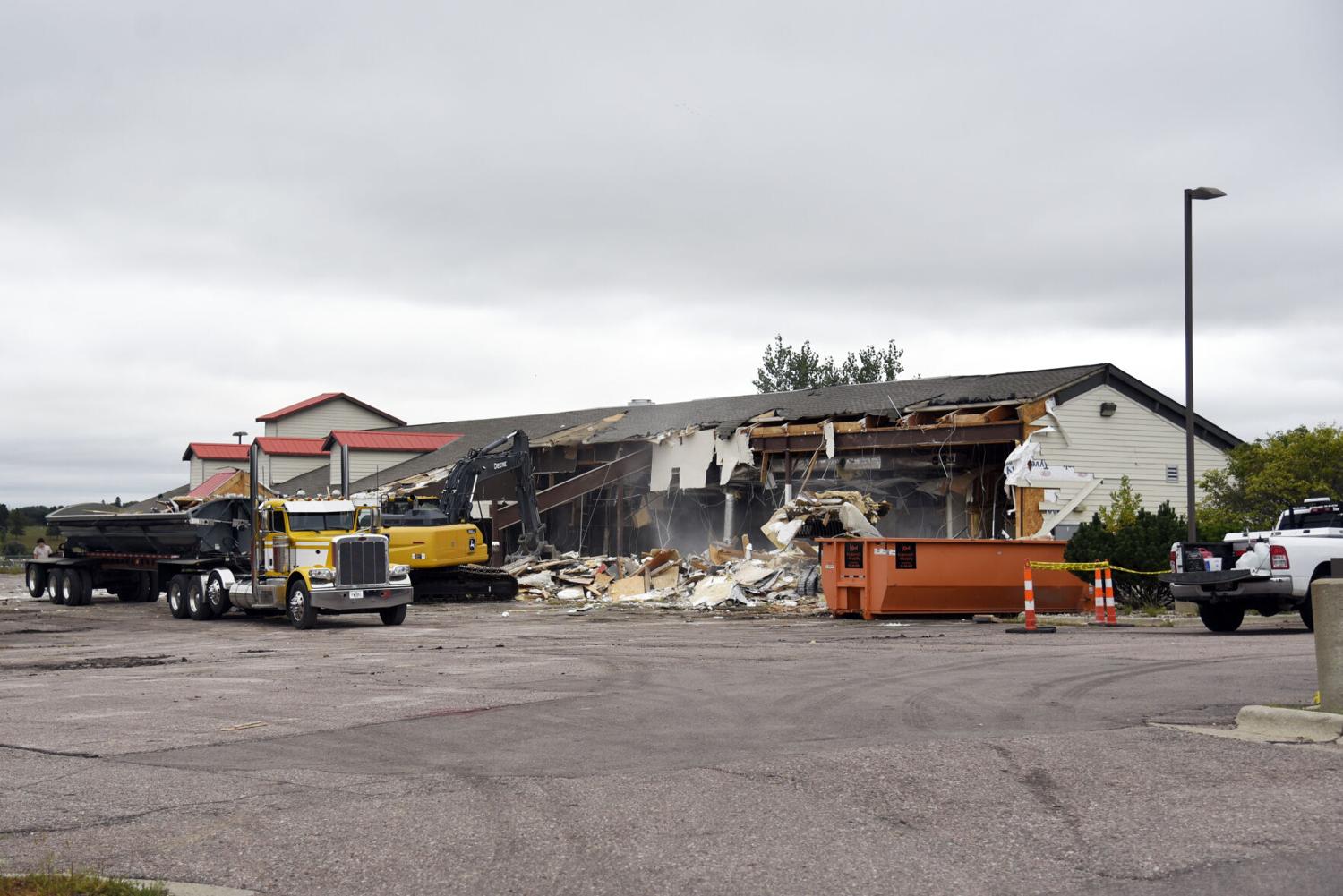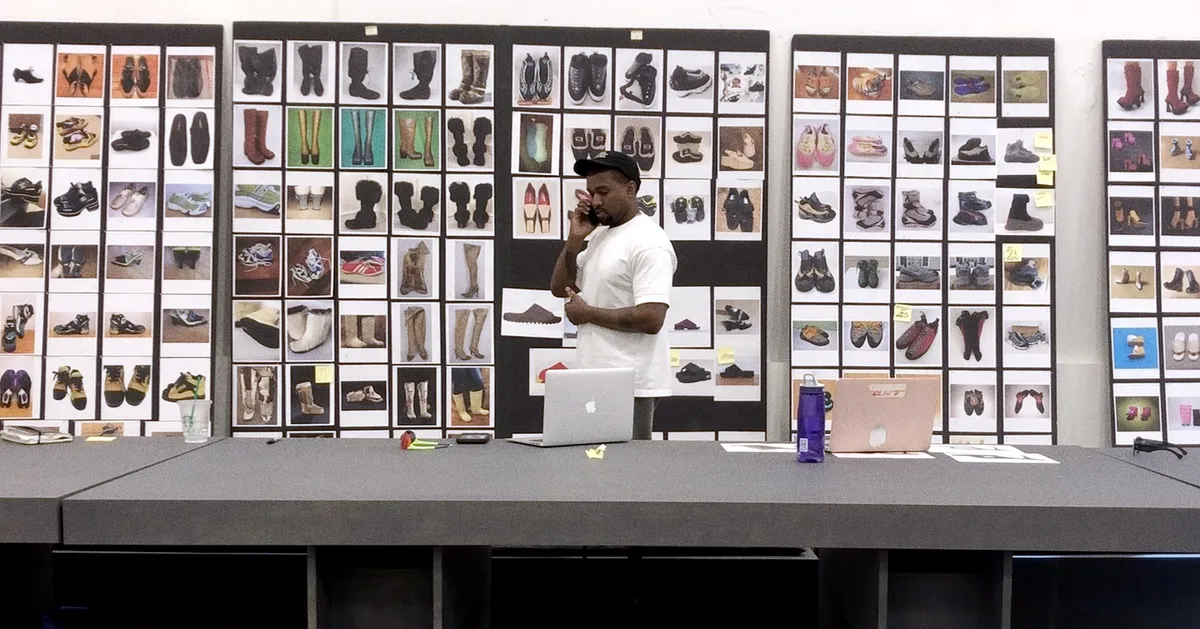
This column is from Trendlines, my business newsletter that covers the forces shaping the economy in Boston and beyond. If you’d like to receive it via email on Mondays and Thursdays, sign up here.
Improving the state’s business climate is going to take time — a luxury we might not have if the economy keeps losing steam.
Last September, the Massachusetts Taxpayers Foundation debuted a new gauge of the state’s economic strengths and weaknesses. We ranked in the middle of the pack, encouraging given our poor reputation as a place to do business.
On Thursday, the business-backed policy group released the 2025 version of its competitive index. I got a sneak peak. Not much has changed.
But the landscape has shifted dramatically. US growth has slowed and unemployment has inched higher. Trump administration policies on research funding and immigration don’t bode well for the local economy or efforts to make the state more business-friendly.
“They are going after things we didn’t expect to be under threat a few years ago,” said Doug Howgate, MTF’s president.
Advertisement
The unsettling reality is underscored by MTF’s latest report. Three key takeaways:
Like a supertanker, the state’s economic fundamentals are slow to turn.
In MTF’s latest rankings, Massachusetts remained near the bottom in competitive categories including business taxes, energy costs, affordable child care, and housing.
Some areas got worse. Health care costs paid by employers rose faster than in other states. Unemployment and poverty rates climbed.
On the plus side, we held onto high marks for our traditional strengths: economic output, wages, workforce education levels, and health care quality.
Advertisement
There was a small increase in the number of available workers. That’s good because a bigger labor pool is needed to expand the economy.
Though not reflected in the rankings, the state made advances on the policy front that could boost its appeal down the road.
Governor Maura Healey and the Legislature last year allocated $1 billion over 10 years for investments in life sciences, climate tech, and artificial intelligence. They expanded tax credits for families, seniors, and renters, and authorized more than $5 billion for housing.
But it will take a few years to see whether these initiatives move the needle.
Assets can become liabilities.
Intentional or not, the Trump administration is shoveling sand into the gears of the local economy.
Research funding cuts. Massachusetts ranked third last year in grant dollars from the National Institutes of Health. This year, with funding down and the administration attempting even deeper cuts, local universities, research organizations, and medical schools have frozen hiring, reduced budgets, and cut jobs.
Restrictive immigration and mass deportations. Massachusetts relies on immigrants to fill low-wage jobs and high-end positions. That’s the reality of having one of the oldest populations in the country and one of the highest rates of residents moving to other states.
Efforts to curtail international student enrollment. The state’s colleges and universities enroll the highest percentage of international students in the country — 17 percent in 2023.
A new $100,000 fee for H1-B work visas. Massachusetts ranked seventh in H1-B visas granted last year. They are used widely in professional services, biotech, and tech.
“We haven’t felt the full effect of White House policies,” said Mark Williams, a finance lecturer at Boston University who studies the local economy. “But we’re getting a glimpse of the negative trends.”
These economic threats have emerged as the life sciences and tech sectors face stiff headwinds.
Massachusetts biotech has gone from a pandemic-fueled boom to a sharp downturn amid waning investor confidence and regulatory uncertainties. Investors are giving the cold shoulder to local tech companies as they plow money into Silicon Valley’s AI hub.
The state is losing the race to create and retain jobs.
The workforce is growing, but hiring has dried up, nudging the jobless rate higher.
Private employment fell 0.6 percent in the 12 months through September 2024 and 2.1 percent over five years. That was the worst performance of any state.
Advertisement
Hiring in finance, technology, and information is lagging behind other states, according to a separate MTF study last year.
Several factors are to blame. Remote work freed swaths of the workforce from living near their employer, and many workers are moving to states with lower costs, especially for housing and child care. Employers are fed up with the costs of unemployment insurance, energy, and health care.
A telling stat: Massachusetts ranked dead last in business formations.
Final thought
Massachusetts has a lot of work to do.
We have advantages that other states would kill for: a highly educated and productive workforce, the second-highest average weekly wage in the country, and a health care system that supports the second-highest life expectancy at birth.
We also know our weaknesses.
“Our eyes are not deceiving us about where we are good and where we need help,” MTF’s Howgate said. “We need to focus on housing, taxation, and child care.”
The fight for the competitive edge isn’t over. But we have to step up our game right now.
Larry Edelman can be reached at larry.edelman@globe.com.



